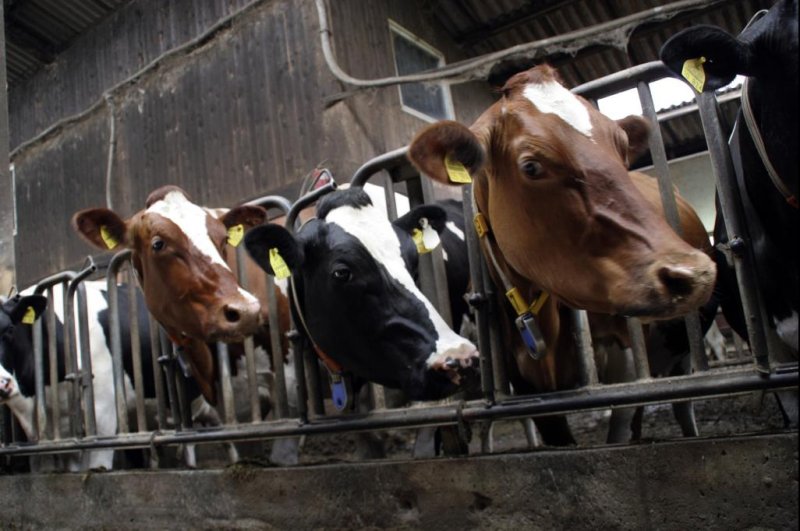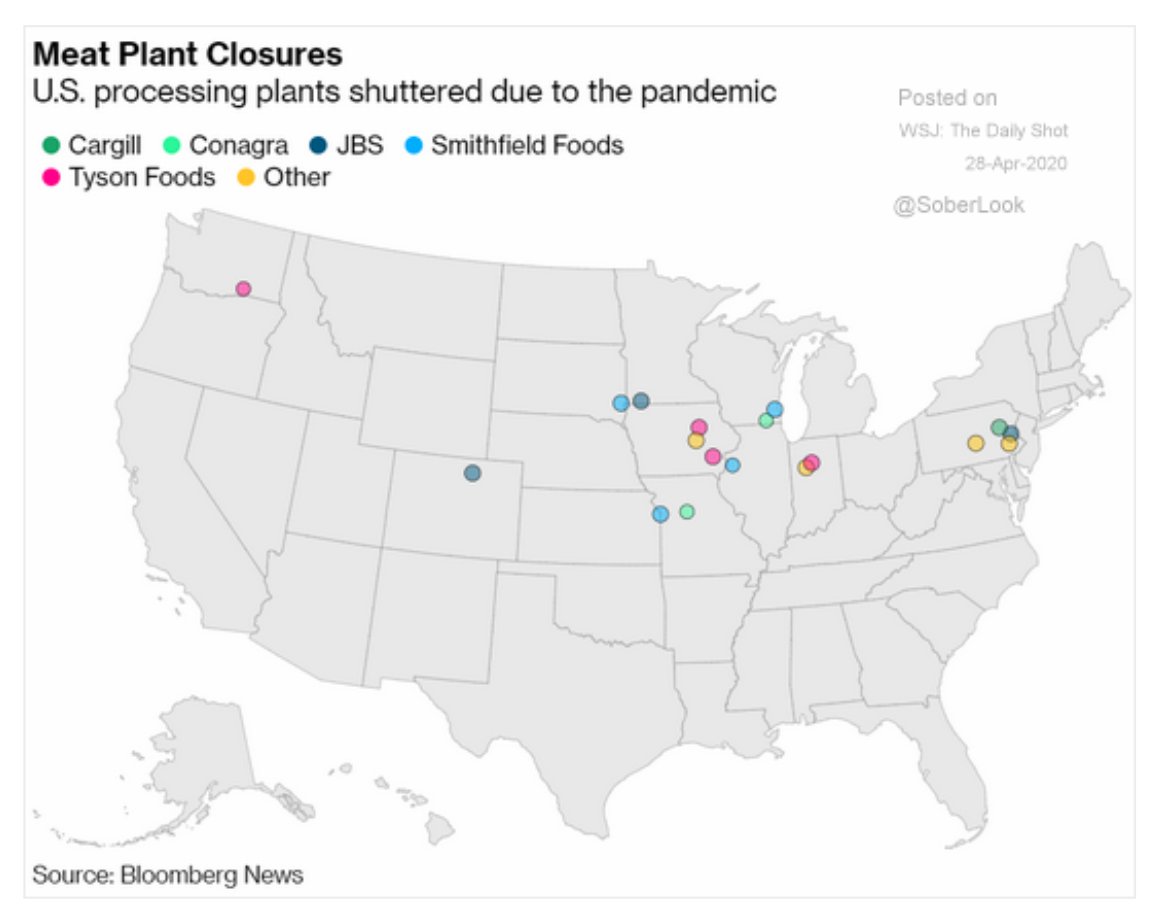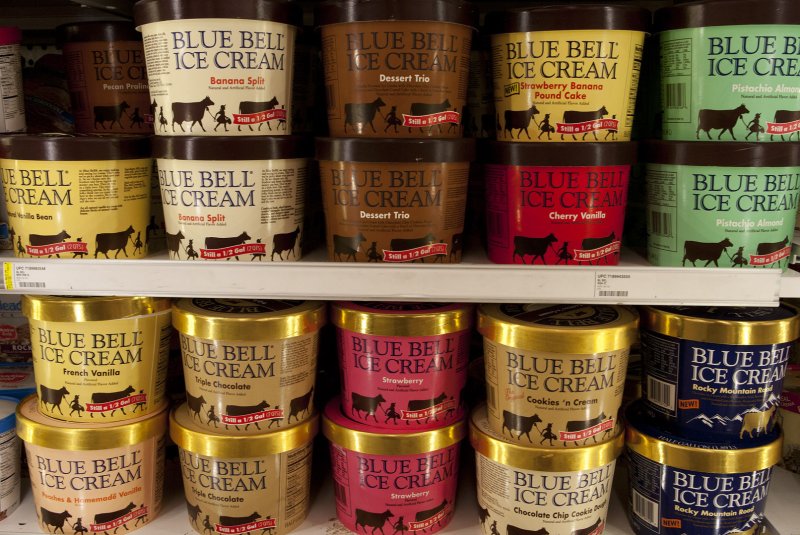
U.S. Marines with 2nd Battalion, 7th Marines, assigned to the Special Purpose Marine Air-Ground Task Force-Crisis Response-Central Command 19.2. Photo by Sgt. Kyle C. Talbot/U.S. Marine Corps/UPI | License Photo
April 30 (UPI) -- Reports of sexual assault in the military grew by 3 percent last year, the Pentagon said Thursday.
The Department of Defense said in its Congress-mandated report on sexual assault published Thursday that the military received 7,825 reports of sexual assault involving service members in fiscal year 2019 compared to 7,623 reports it received the year prior.
Of those reports, 937 were submitted by U.S. civilians and foreign nationals who accused service members of sexual assault, which the military defines as rape, forcible sodomy, aggravated sexual contact, abusive sexual contact, sexual assault and attempts to commit these offenses.
A total of 652 reports were also submitted from service members for sexual assault that occurred prior to military service, it said.
RELATED Navy's RIMPAC 2020 exercise will be 'at-sea-only' due to COVID-19 concerns
The 25-page report stipulated that it cannot describe the 3 percent hike as an increase in victims of sexual assault coming forward or an increase in sexual assaults as a prevalence survey was not conducted this year.
However, Nate Galbreath, acting director of the department's Sexual Assault Prevention and Response Office, told reporters Thursday that he's "cautiously optimistic that it's good news" though he can't say for sure.
"Addressing sexual assault is really one of the most challenging topics that we face in the military but it's so critical we get this right," he said. "We are really aware of the high cost of not succeeding in this."
Of the Pentagon's services, the Air Force experienced the highest increase of 9 percent with a record 1,683 reports of sexual assault in 2019 compared to 1,544 reports last year.
The Army saw the lowest increase of 2 percent with 3,219 reports in 2019 compared to 3,155 in 2018 while the Marine Corps was the only service to show a drop in reporting at about 6 percent.
"Our work to eliminate sexual assault reflects our ongoing commitment to advance a culture of trust, respect and inclusion within the force," said Elizabeth Van Winkle, executive director of the Office of Force Resiliency, in a statement. "We are acutely aware of the high cost of not succeeding, not only for the readiness of our country's defense but for the individual Americans who step forward and volunteer to serve our nation."








